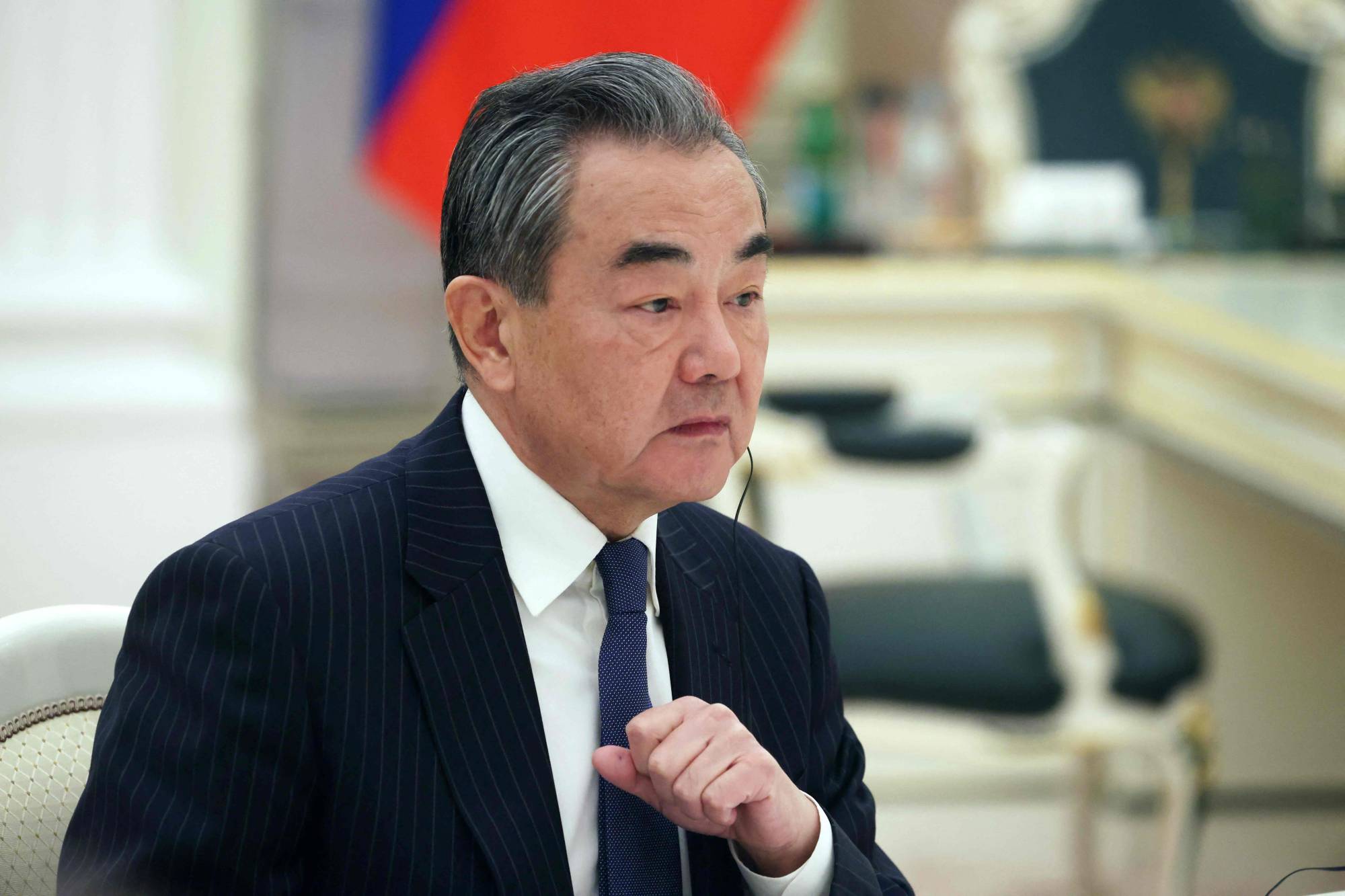A meeting this week between Russian and Chinese officials in Moscow to discuss strategic cooperation raised eyebrows in the West, with Beijing seeking to position itself as a responsible actor on the international stage, particularly in relation to the Ukraine war.
The U.S. didn’t waste time in responding, reiterating its warning that China would face “real consequences” if it were to provide weapons to Russia as Moscow struggles to make substantial military gains one year into its invasion of Ukraine.
Wang Yi, China’s top diplomat, visited Moscow on Wednesday, where he told Russian President Vladimir Putin that Beijing is willing to deepen political trust, extend pragmatic collaboration and advance strategic cooperation with Russia.
















With your current subscription plan you can comment on stories. However, before writing your first comment, please create a display name in the Profile section of your subscriber account page.